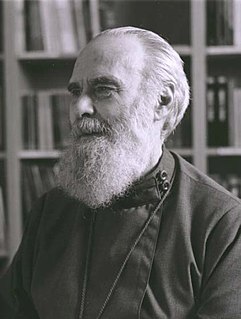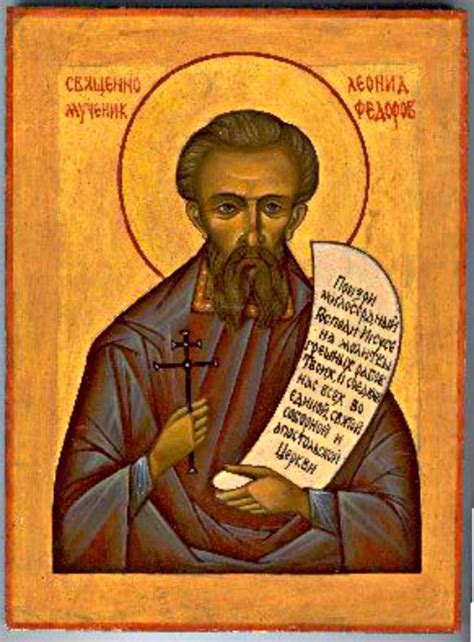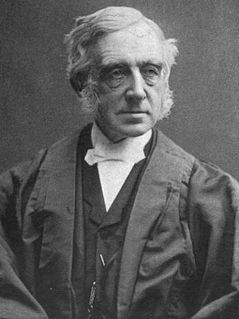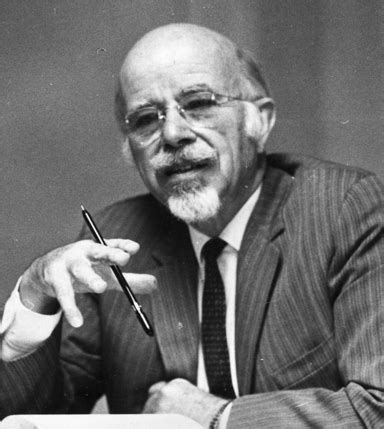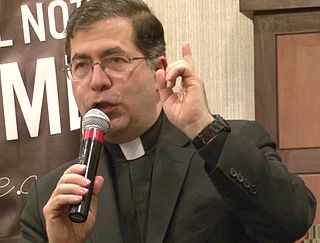A Quote by Anthony of Sourozh
It seems to me, and I am personally convinced, that the Church must never speak from a position of strength. [These are shocking words.] It ought not to be one of the forces influencing this or that state. The Church ought to be, if you will, just as powerless as God himself, which does not coerce but which calls and unveils the beauty and the truth of things without imposing them. As soon as the Church begins to exercise power, it loses its most profound characteristic which is divine love [i.e.] the understanding of those it is called to save and not to smash.
Quote Topics
Am
Beauty
Begins
Calls
Characteristic
Church
Coerce
Convinced
Divine
Divine Love
Does
Exercise
Forces
God
Himself
Imposing
Influencing
Just
Loses
Love
Me
Most
Must
Never
Ought
Personally
Position
Power
Powerless
Profound
Save
Seems
Shocking
Smash
Soon
Speak
State
Strength
Them
Things
Those
Truth
Understanding
Which
Will
Without
Words
Related Quotes
My whole life has been based on two principles: the love of the Church to which I am united, and the love of my country, which I adore. If I do not care whether I am sentenced to ten years imprisonment or to be shot, it is not because I am a fanatic... Since I joined the Catholic Church my sole object has been to reconcile my country to that Church which I believe to be the One True Church.
Any church which forsakes the regular and uniform for the periodical and spasmodic service of God, is doomed to decay; any church which relies for its spiritual strength and growth entirely upon seasons of "revival," will very soon have no genuine revivals to rely on. Our holy God will not conform His blessings to man's moods and moral caprice. If a church is declining, it may require a "revival" to restore it; but what need was there of its declining?
The church must be reminded that it is not the master or the servant of the state, but rather the conscience of the state. It must be the guide and the critic of the state, and never its tool. If the church does not recapture its prophetic zeal, it will become an irrelevant social club without moral or spiritual authority.
Has God no living church? He has a church, but it is the church militant, not the church triumphant. We are sorry that there are defective members, that there are tares amid the wheat. . . . Although there are evils existing in the church, and will be until the end of the world, the church in these last days is to be the light of the world that is polluted and demoralized by sin. The church, enfeebled and defective, needing to be reproved, warned, and counseled, is the only object upon earth upon which Christ bestows His supreme regard.
The divorce between Church and State ought to be absolute. It ought to be so absolute that no Church property anywhere, in any state or in the nation, should be exempt from equal taxation; for if you exempt the property of any church organization, to that extent you impose a tax upon the whole community.
One of the primary questions in a state-church arrangement is, 'which controls which?' . . . In Norway, for example, the liberal labor government has regularly angered Church officials by making controversial ministerial appointments against the wishes of the clergy. . . . These and other actions have strained the church-state relationship almost to the breaking point. As a result, some of the bishops have advocated disestablishment.
Dear brothers and sisters...The Lord is calling me to "climb the mountain", to devote myself even more to prayer and meditation. But this does not mean abandoning the Church, indeed, if God is asking me to do this, it is so I can continue to serve the Church with the same dedication and the same love with which I have done thus far, but in a way that is better suited to my age and my strength
